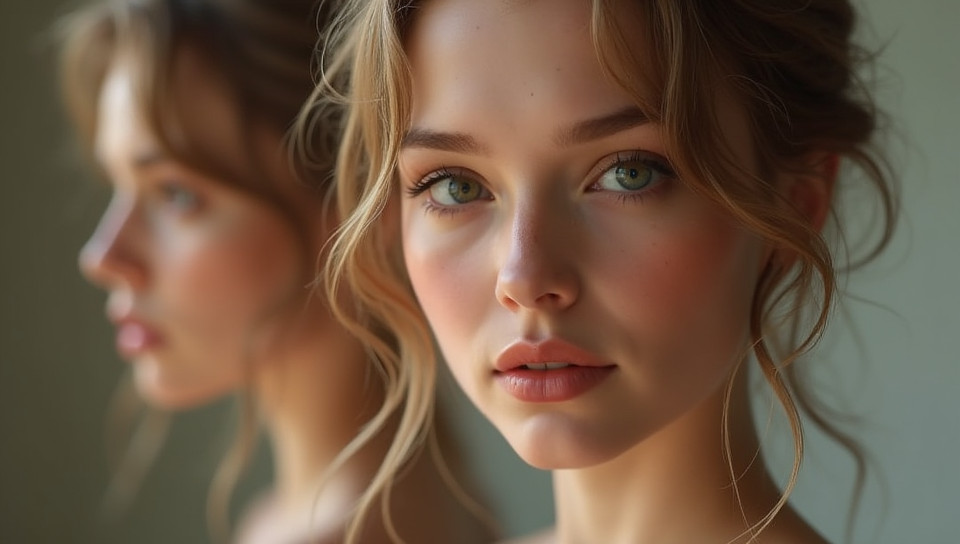Unrealistic beauty standards perpetuate low self-esteem issues 82%

The Unseen Consequences of Unrealistic Beauty Standards
In today's society, beauty is often equated with perfection – a flawless complexion, razor-sharp cheekbones, and a body that defies gravity. The relentless pursuit of this unattainable ideal has led to a culture where low self-esteem issues are rampant. From young girls struggling to live up to societal expectations to adults feeling inadequate in their own skin, the effects are far-reaching.
The Origins of Unrealistic Beauty Standards
The beauty industry is a multi-billion-dollar market that thrives on perpetuating unrealistic standards. Advertisements and media outlets often feature models with unattainable physical characteristics, creating a benchmark for beauty that is impossible to achieve. This has led to a culture where people feel pressured to conform to these standards, regardless of their natural appearance.
The Impact on Mental Health
The consequences of perpetuating unrealistic beauty standards are profound. Individuals who struggle to meet these expectations often experience low self-esteem, anxiety, and depression. According to a study by the National Eating Disorders Association (NEDA), approximately 70 million people in the United States suffer from some type of eating disorder, with many more struggling with body dissatisfaction.
- Negative effects on mental health
- Increased risk of eating disorders
- Poor body image
- Low self-esteem
The Role of Social Media
Social media platforms have further exacerbated the issue by creating a culture of comparison and competition. With millions of curated images and influencers peddling beauty products, it's no wonder that people feel inadequate in their own skin. A study by the Royal Society for Public Health found that Instagram is linked to negative mental health outcomes, including anxiety and depression.
Breaking Free from Unrealistic Beauty Standards
So, how can we break free from this toxic culture? It starts with self-acceptance and self-love. By promoting diversity and inclusivity in media and advertising, we can create a more realistic representation of beauty. Additionally, individuals must learn to recognize and challenge societal expectations that perpetuate low self-esteem issues.
Conclusion
Unrealistic beauty standards have far-reaching consequences on mental health and well-being. It's time for us to reevaluate our definition of beauty and promote a culture of self-acceptance and inclusivity. By working together, we can create a society where individuals feel confident and beautiful in their own skin.
- Created by: Vamika Devi
- Created at: Sept. 8, 2024, 7:30 p.m.
- ID: 8822




